Home > Why choose Beev > Beev vs. fleet management companies: Manage, electrify, optimise
Beev vs. fleet management companies: Manage, electrify, optimise
Corporate mobility is entering a new era. Between regulatory pressures (ZFE, green taxation), budgetary trade-offs (TCO, depreciation) and growing CSR requirements, car fleets can no longer be managed solely on the basis of an Excel spreadsheet and a framework contract.
The emergence of electric cars, l'installation of charging stations on company premisesthe diversity of uses (electric city cars, Electric SUVs, electric vans) and the integration ofrenewable energies (photovoltaic panels(e.g., self-consumption) require an approach cross-disciplinary and technological.
Faced with this complexity traditional fleet management companies play a central but often compartmentalised role: they monitor indicators, manage renewals and negotiate contracts, without taking into account energy and tax parameters or the IRVE dimension.
Contrary to this model, Beev proposes a reinventing fleet management as a strategic lever for the energy transition, global management where vehicles, charging stations, taxation, energy and financing are no longer silos, but facets of a single performance architecture.
Table of contents
Fleet management companies: an expert but linear response
Fleet management companies structure their offer around operational optimisation These include contract monitoring, centralisation of service providers, usage reporting, mileage alerts, order and return interfaces, and even claims management.
They excel at aggregating information thermal fleet managementThis will enable the Group to optimise its processes, negotiate terms and conditions with long-term leasers, and standardise multi-site processes.
However, this expertise remains linear and historically focused on internal combustion engines. When it comes to managing :
- Electric vehicles with variable autonomy depending on use,
- L'installation of charging stations on company premises or installation of home charging stations employees,
- Tax optimisation of IRVE equipment (tax credit, non-deductible depreciation),
- The strategic choice between LLD, LOA or leasing depending on the type of vehicle,
These operators have structural limitations. They have to subcontract or ignore certain aspects, to the detriment of overall coherence.
Beev: unified energy, tax and technology management
Beev goes beyond a management approach to offer a complete orchestration of the electric fleetintegrating :
- Selecting, supplying and financing vehicles (city cars, SUVs, commercial vehicles, electric cars),
- Installing charging points (installation of kiosks at companies, home installation, among employees),
- IRVE supervision (remote surveillance, access rights management, alerts, proactive maintenance),
- Tax and regulatory optimisation (ZFE, depreciation, weight penalty, benefits in kind, etc.),
- Energy transition strategy consulting.
In other words, where a management company manages the existing business, Beev creates scalable architecture. Where a manager uses indicators, Beev offers tax, energy and operational optimisation levers.
Case study: a multi-site SME makes the transition to electric vehicles
Imagine an SME providing technical services (40 vehicles, spread over 5 regional branches), faced with :
- From ZFE obligations in 3 zones.
- A desire to reduce TCO and benefit from IRVE tax credit.
- The need for distribute charging points on several sites and at home.
Highly differentiated business uses: city cars for sales visits, SUVs for management, commercial vehicles for technicians.
With a traditional fleet management company:
- Monitoring the existing internal combustion fleet, proposing a long-term leasing contract for a number of electric vehicles.
- No support for the installation of charging points or the right mix of autonomy and use.
- No fleet audit or tax reading.
- Fuel tracking replaced by a recharge card with no energy management.
With Beev :
- Initial fleet auditrecommendations on the types of electric vehicle to be used for different purposes.
- Supply of 25 adapted electric vehicles, financed under long-term leases or finance leases in line with the Group's financial strategy.
- IRVE AC/DC installation on 4 sites + 6 employee home facilities.
- Centralised supervisioncontrolled from a single portal.
- Integrated IRVE tax credit in the financing plan.
Optimising TCO over 5 yearsThese include local grants, green taxation and reduced maintenance costs.
A managed approach vs. an orchestrated approach
| Criteria | Fleet management companies | Beev |
|---|---|---|
| Type of offer | Management and monitoring | Consulting, supply, management |
| Vehicle cover | Generally thermal | 100 % multi-profile electric |
| IRVE management | Out of scope | Integrated (installation + supervision) |
| Tax optimisation | Low | Maximum (ZFE, IRVE, depreciation) |
| Energy vision | Absent | Strategic |
| Management platform | Standardised tools | Unified vehicle portal + terminals |
| IRVE maintenance | Not managed | Proactive |
| Employee support | Limited | Home IRVE installation included |
| Long-term advice | Low | Energy transition roadmap |
Tax leverage: a grey area for traditional players
Analysis of the tax guide 2025 of Beev highlights opportunities that are often ignored or poorly exploited by traditional asset management companies:
- IRVE tax credit (up to 30 %) for terminals installed on company premises or at employees' homes.
- Exclusion from the depreciation ceiling for eligible vehicles.
- Reduced benefits in kind for 100 % electric vehicles.
- Local aid which can be accumulated depending on the region and the energy syndicate.
These elements can be integrated into a transition strategy at an early stage, significantly reduce total cost of ownership (TCO) which Beev systematically documents in his proposals.
Manage your fleet easily with our dedicated tool
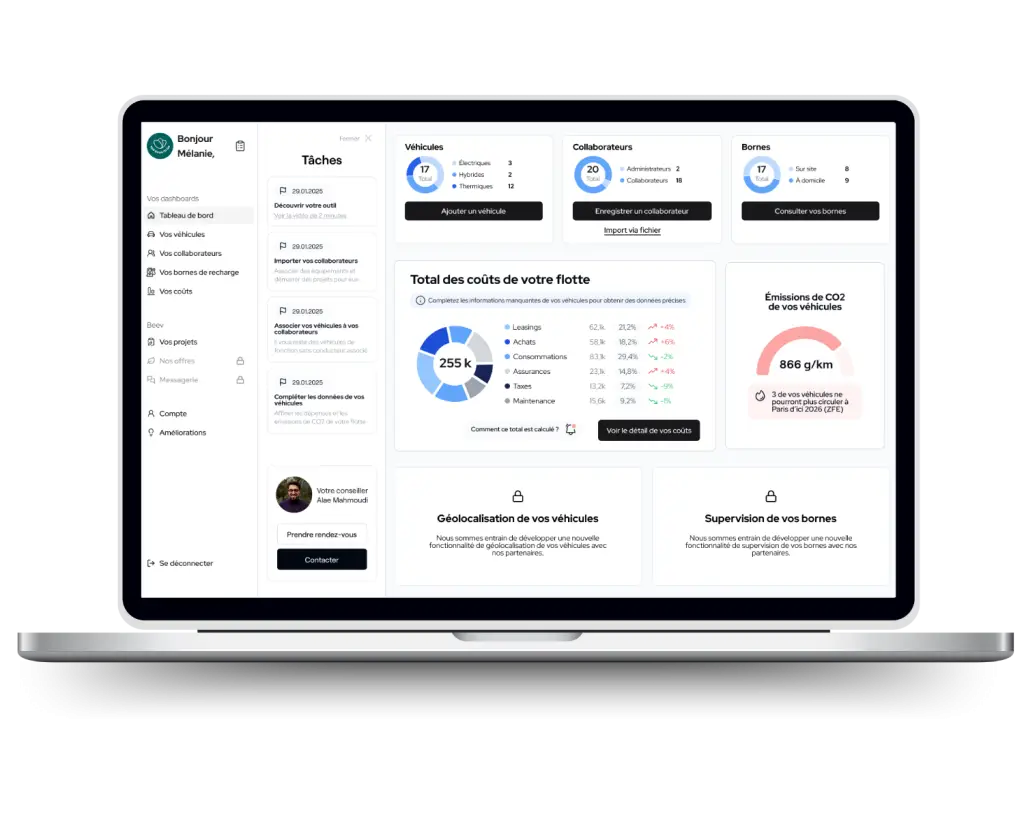
A fleet management tool from A to Z
- Add your fleet and employees in just a few clicks
- Plan your transition to electric vehicles and monitor your CSR objectives in real time
- Centralise your expenses

Native multi-site and multi-use control
In contrast to an approach based on uniform management, Beev takes into account the functional and geographical diversity :
- SUV for managerswith semi-rapid charging (AC 22 kW).
- Technical utilities with extended range, combined with fast charging stations (DC 50 kW).
- Citadines en poolslow recharging on site, scheduled via supervision.
- Can be integrated with photovoltaic panels and self-consumption scenarios.
This granular approach is essential to reconcile autonomy, cost and business performance. Where a management company standardises, Beev customised to the operational reality.
Conclusion: from management to strategic steering of electric mobility
Fleet management companies have played a fundamental role in the professionalisation of vehicle management within companies. Their value lies in their ability to centralise information and structuring renewal processes.
But in a world where mobility is becoming electric, connected, tax-based and multi-energyBut this approach is reaching its limits.
Beev offers a paradigm shift A solution designed to help you: move from management to orchestration, from linear optimisation to integrated strategy, from monitoring indicators to creating sustainable value. A solution designed for multi-site companies, complex fleets, and demanding finance or CSR departmentswho not only want to pilot, but also electrify with intelligence.
Our latest white paper :
Resources on the taxation of electric mobility
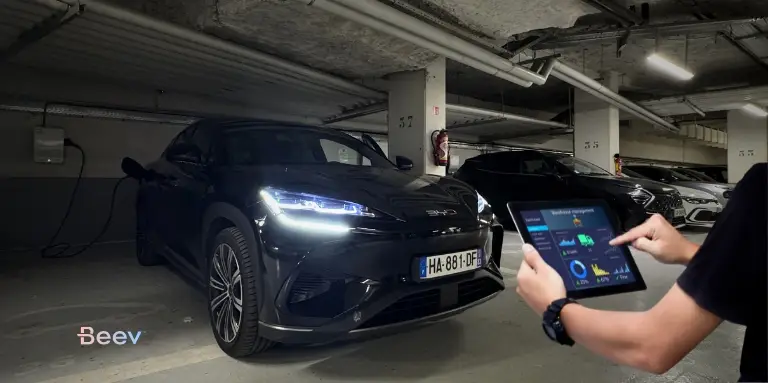
- Charging stations, Fleet management, Electric cars

- Fleet management, magazine, Professionals, CSR, Electric vans, Electric cars

- Taxation of electric cars and charging stations, Fleet management, Electric cars
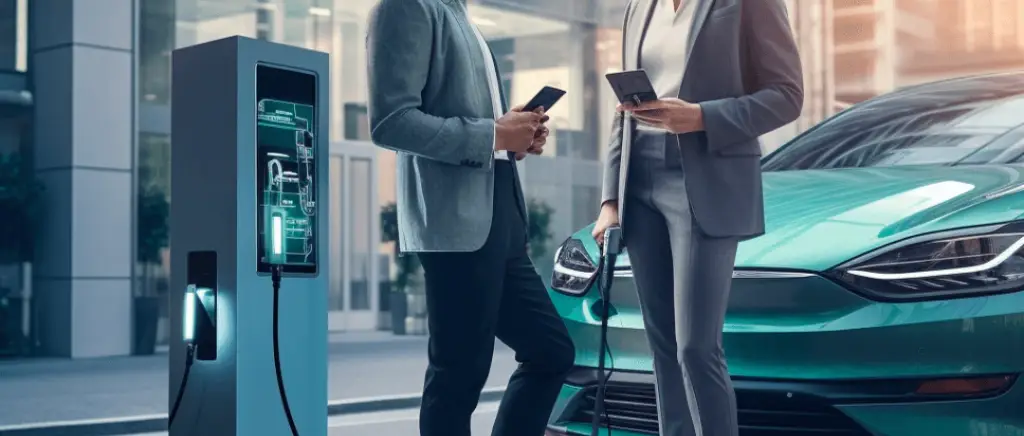
- Charging stations, Fleet management, Professionals
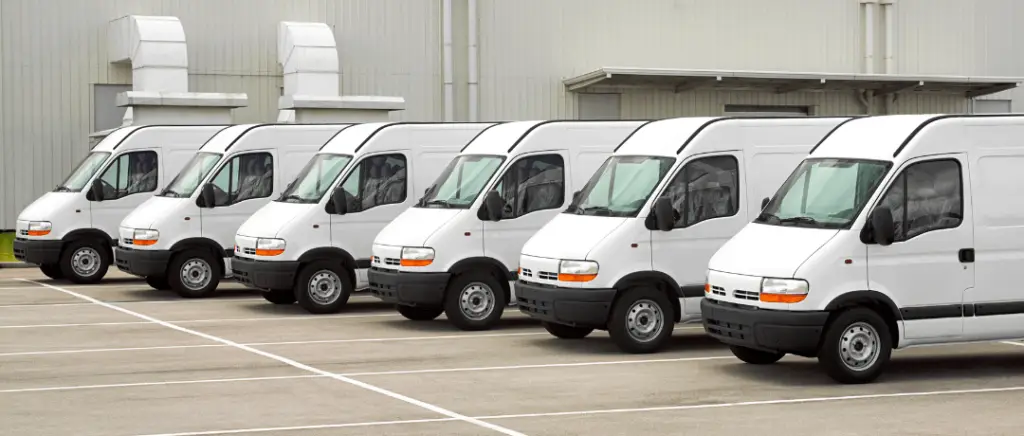
- Fleet management, Professionals
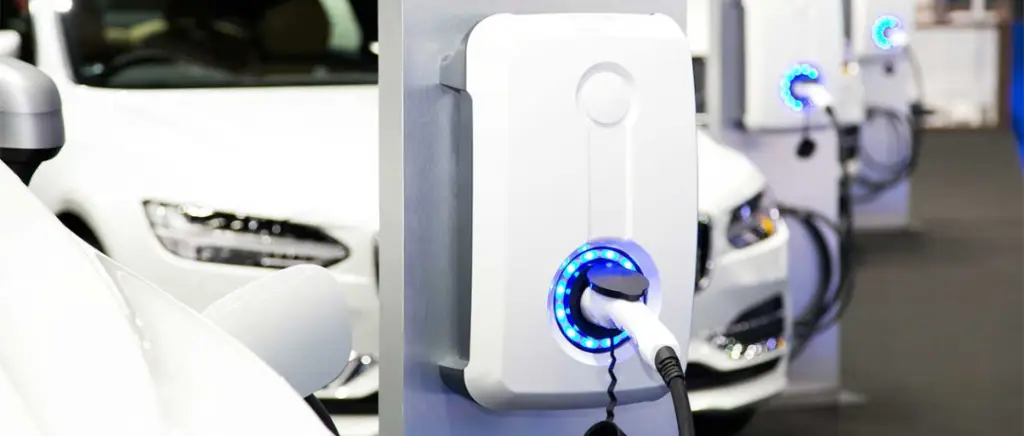
- Fleet management, magazine, Electric cars